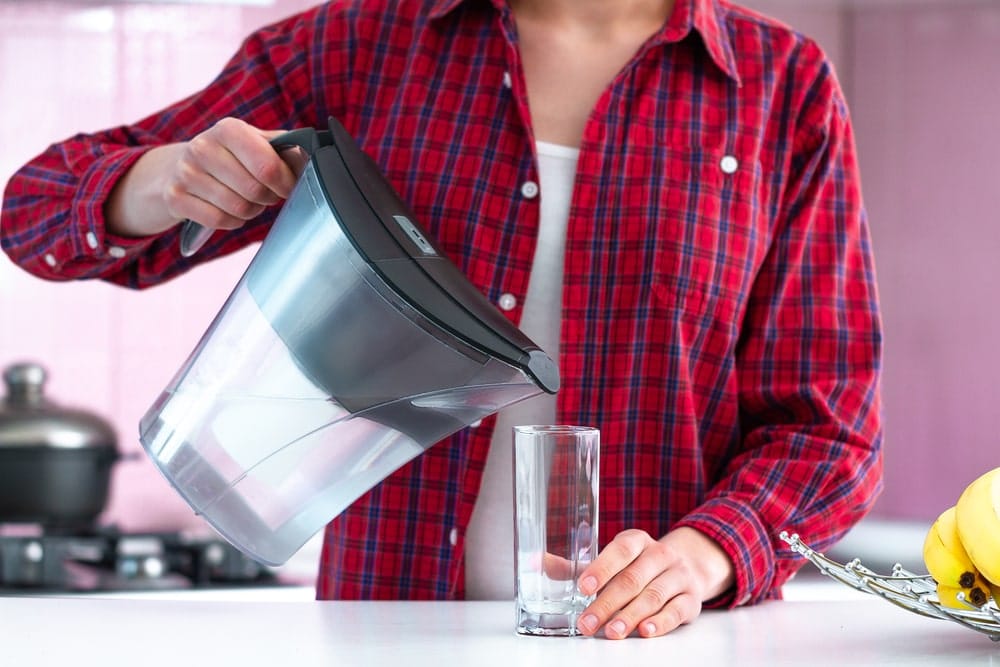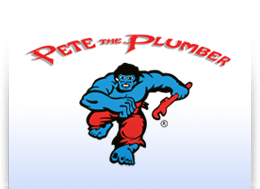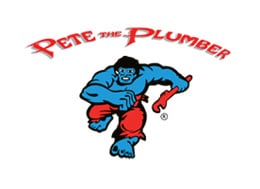
Water bills often peak during the summer months for Calgary homeowners. This can create unnecessary expenses, not to mention increasing the pressure on our precious natural resources.
A few simple moves can save water and reduce your bills in the summer. Some of the below tips will require a plumber but most are just simple, common-sense actions that benefit homeowners and the planet.
Follow these eight tips to save water in your home.
How to know if you need a well water filtration system
A few simple steps can potentially save you a lot of money:
For Calgary homeowners, the Alberta Water Well Information Database hosts a database of approximately 500,000 well records.
The records pertaining to your well should tell you some of what you need to know about the well’s history and the condition of the water it yields.
Ideally, these records have been updated by previous owners. This should tell you:
- What water testing has been conducted for the well
- Any contaminants detected in the water
- How the water was treated (if necessary)
Remember, though, that the water condition can change significantly over the years, so historical records may not show the true current picture.
The previous owner of the home you have moved into can tell you plenty about the quality of the water.
They should be able to recall if costly repairs were necessary, if a dangerous contaminant was detected in the tap water or if anyone suffered health problems related to it. If you are lucky, they may even have a full set of records for you.
Also, speak to the neighbors. They can pass on important information about the local water — the mineral composition, overall quality and whether they use a water filtration system (if so – what type?)
Just bear in mind that your water may not be precisely the same composition as your neighbors’ water.
Well-depth and location are two of the main factors that generally affect the quality of well water.
For instance, shallower wells (those closer to the surface) are more susceptible to contamination by surface runoff and pollution than deeper wells. However, wells under ninety feet deep are also less susceptible to having high amounts of dissolved solids than deeper wells.
Location-wise, if your well is situated near a septic system or a waste disposal unit, it runs a higher risk of bacterial contamination than other wells. Similarly, being situated near a commercial, agricultural, or industrial site raises the risk of chemical, metallic or radiological contamination.
The only sure way to know the makeup of your water and whether you need a water filtration system or water softener is to test it. This should be done at a private laboratory, which will provide a reliable report on the state of your water.
Ideally, test it once per year because conditions change and may affect the quality of your water.
Based on the results, you can decide whether you need a treatment system to improve the quality, taste and safety of your water.
What types of filters are best for well water?
The type of filter you may need for well water depends on the types of contaminants that affect it.
For instance, if your water is cloudy or off-color, it may be affected by excess sediment. A sediment filter will remove large particles of dirt, dust, sand and rust from your water supply. While sediment filters can be standalone units, they are best incorporated into whole-house filtration systems.
A bacteria removal filter may be necessary if your water is contaminated with harmful bacteria due to its location near a septic tank, for instance. Ultimately, you may be best off installing a treatment system that kills or removes microbes in this case.
Do you need a well-water filter and water softener?
Most of the water around Calgary is classed as “hard”, due to its origins in the mountains to the west of the city and mineral deposits in the Bow and Elbow Rivers.
Calgary water contains a high proportion of mineral solids, such as calcium and magnesium. This can end up harming your plumbing system as well as the everyday appliances in your home, due to the calcification process that occurs with hard water.
Therefore, the best option for Calgary-area homes using well water is often to combine a water softener and a well water filter in one system.
Do you need a whole-house well water filter?
If your water test indicates only a minor contaminant level, you may not need a water filtration system at all (but you will probably still need a water softener).
If tests show an unsafe level of contaminants in your water, you will need to address the issue urgently. Under-sink filters may work if you just want to protect drinking water from contamination. But whole-house systems (with softeners) are generally the best option for Calgary homes using contaminated well water.
A whole-house solution filters all the water used in your home, including when you shower and do the laundry.
Ultimately, well water can deliver safe, pure water for drinking, cooking and cleaning but is susceptible to nitrates, bacteria and other contaminants — and regular testing is highly advisable.
Around Canada, the number of homes that use wells and do not need water filtration systems is, sadly, declining.
If you are based in the Calgary area and use well water, our licensed professional plumbers can help assess your water filtration system requirements. Call Pete the Plumber at (403) 257-1766 to arrange a visit (no dispatch fee is charged).

